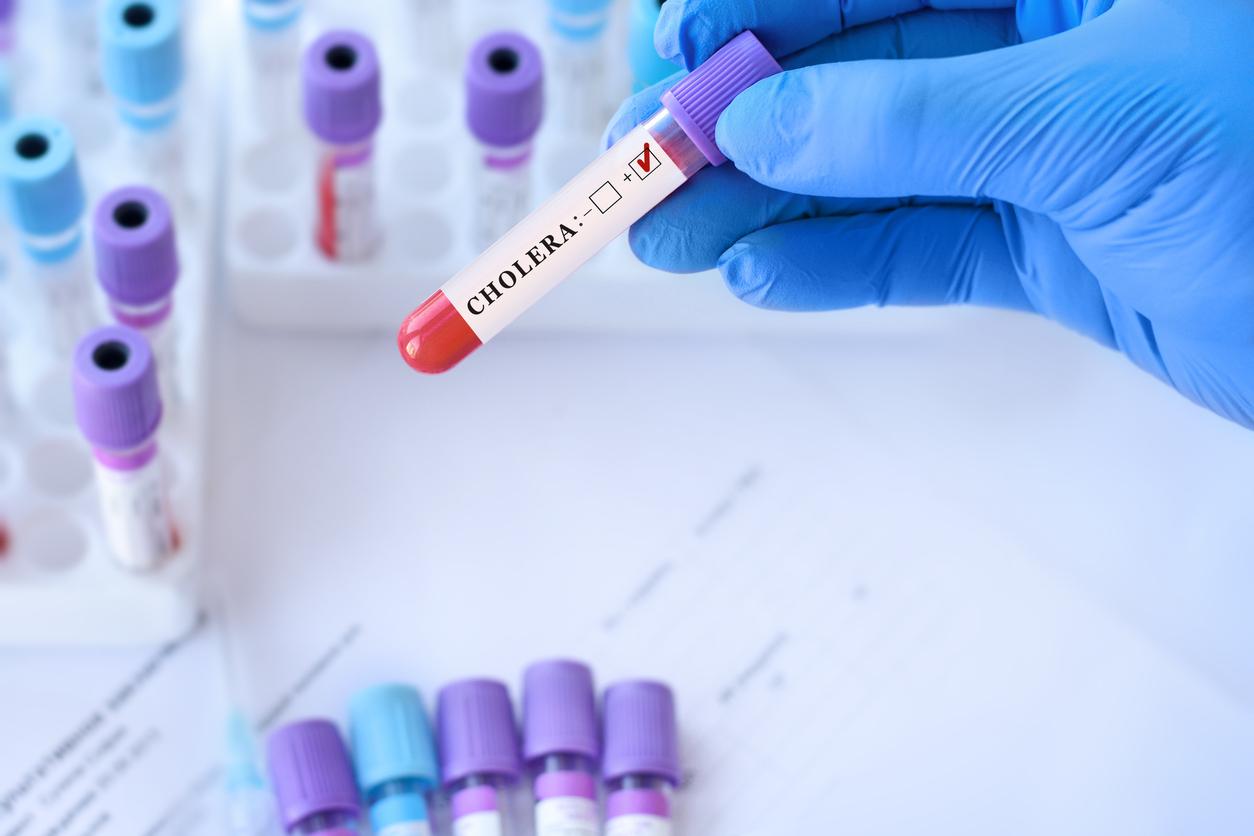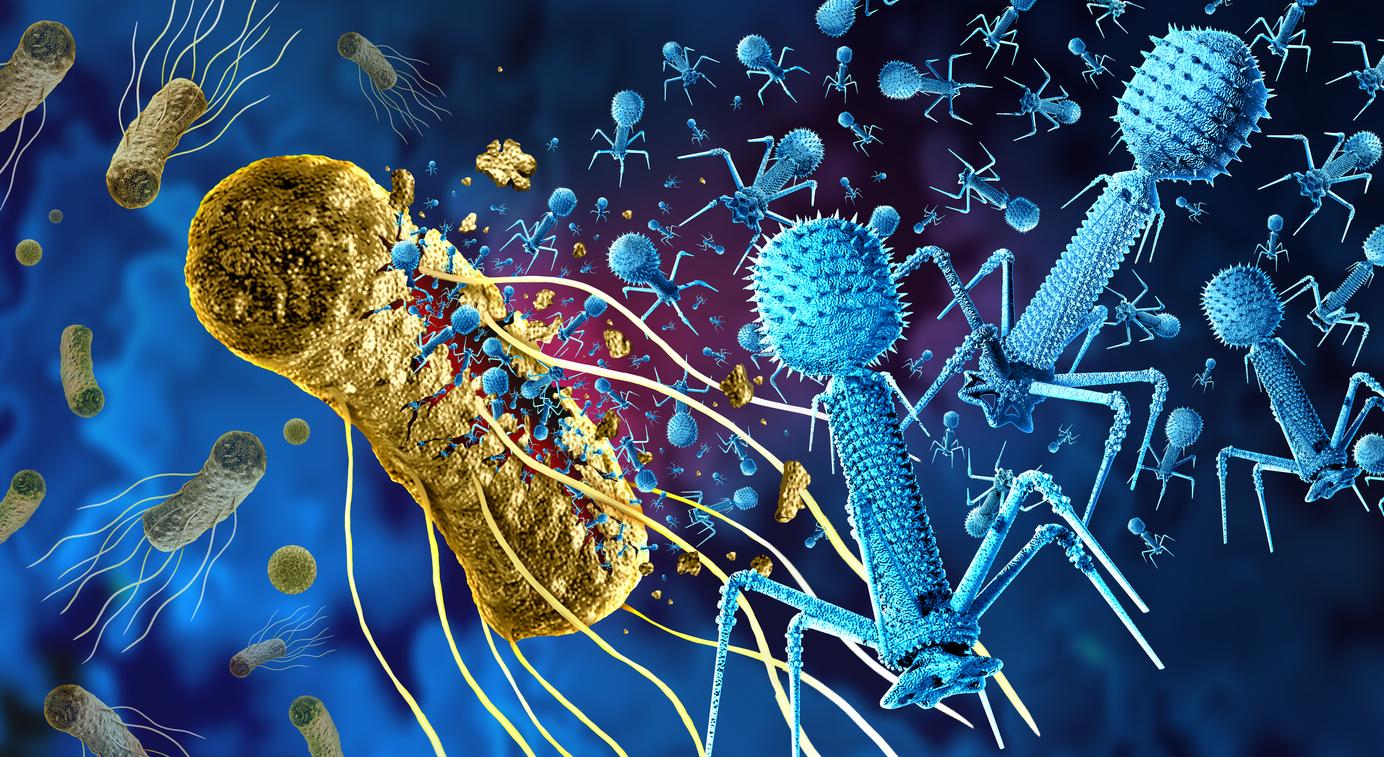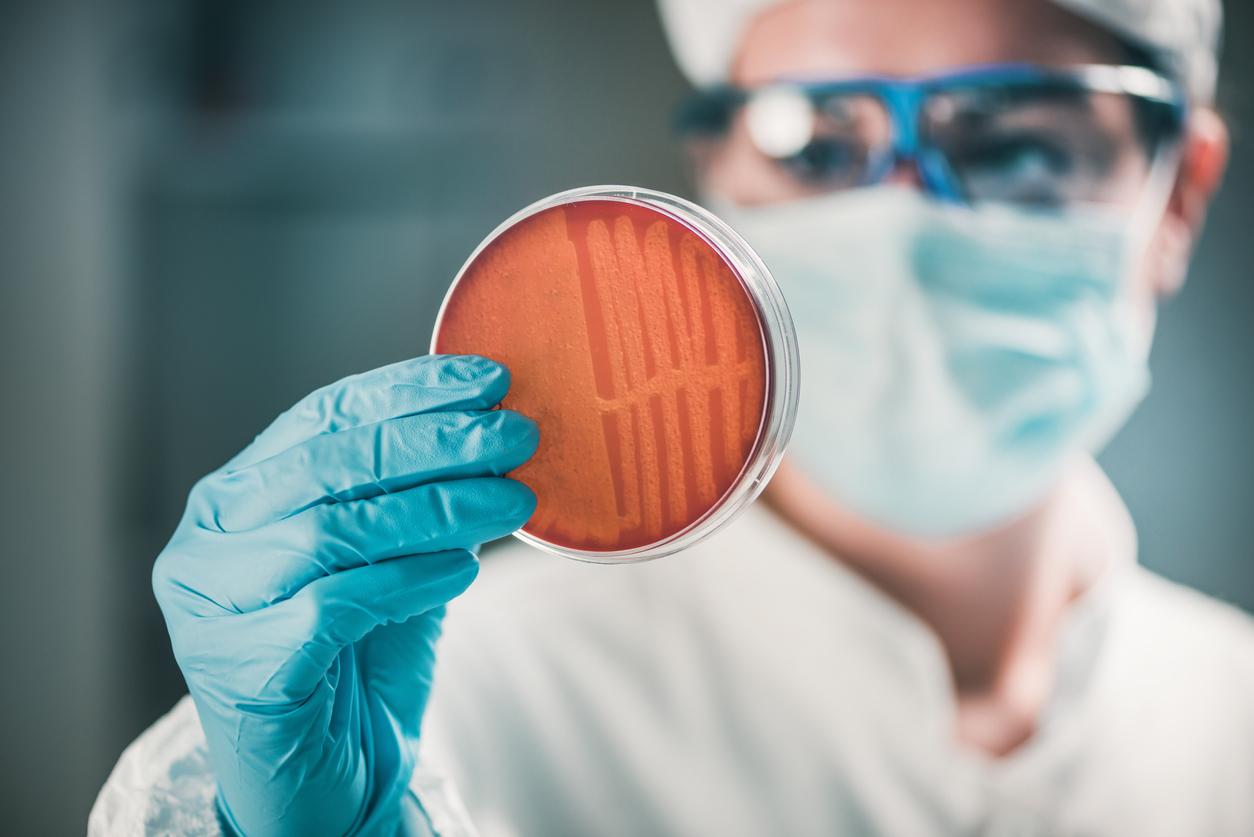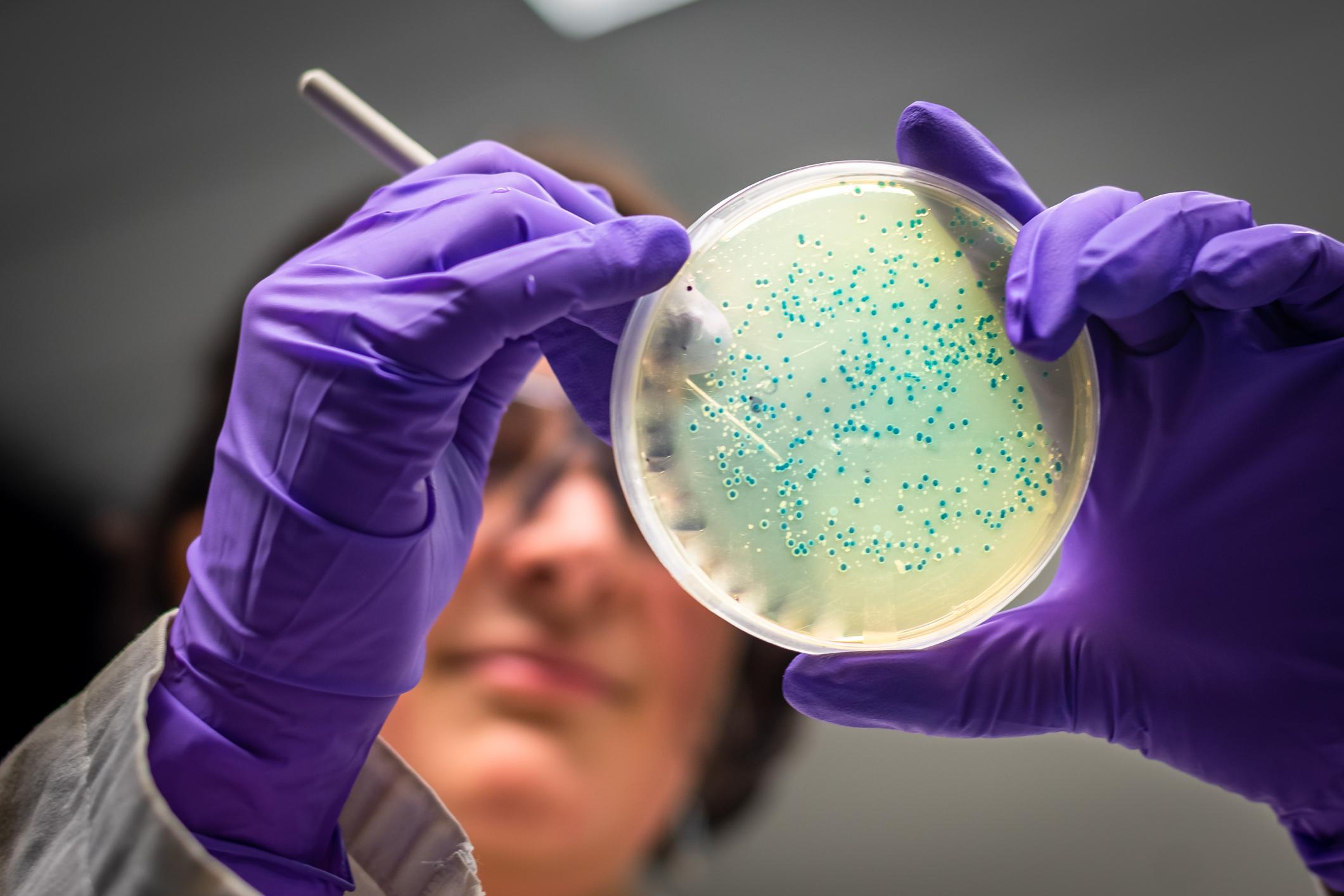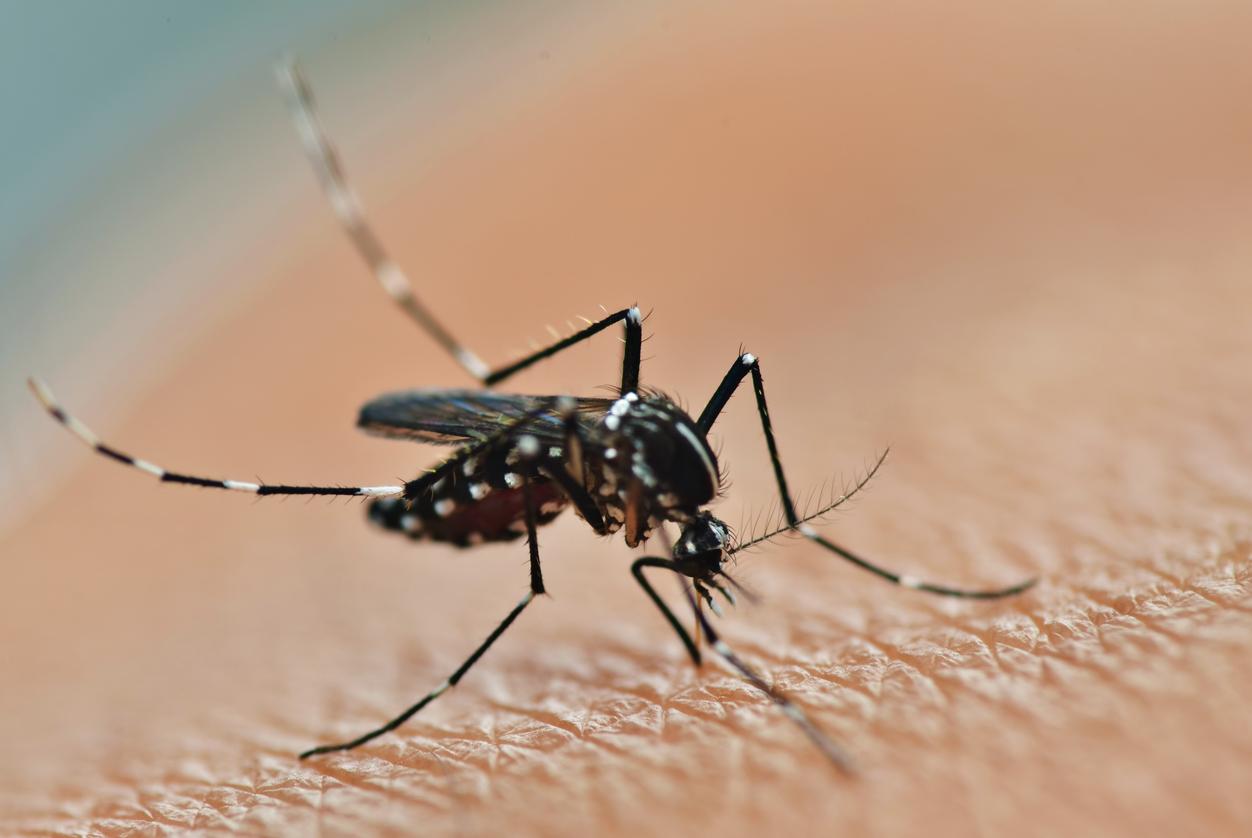If you have caught a cold following the cooling of the temperatures, know that this is indirectly doing you a favor. Explanations.

- Phage therapy uses bacteriophages on patients infected with bacteria resistant to all antibiotics.
- Bacteriophages attack and destroy these bacteria, without the possibility of transmitting resistance genes to other bacteria.
Colds, gastro, flu… Winter viruses are very painful, but they are not only our enemies. According to a new study conducted by INRAE and published on October 25 in the journal ISME Communications, they can even be “valuable allies against the elimination of bacteria when our drugs no longer work”. More importantly, they are not sources of new resistance to antibiotics in bacteria.
Horizontal gene transfers
It is a fact, more and more bacteria are resistant to antibiotics, in particular because of their massive and inappropriate use in human or animal health. But it is not the only reason. A group of mechanisms present in bacteria is also at play: “Horizontal gene transfer”. Bacteria are indeed capable of exchanging pieces of DNA between them. “If some pieces of DNA exchanged do not bring anything particular, others could bring material conferring resistance to antibiotics”, explains INRAE.
On the strength of this knowledge, researchers from the institute carried out metagenomic work (analysis of all the genes) on bacteriophages from 14 pig farms. Thanks to in-depth computer analyses, they were able to finely dissect the DNA of all these bacteriophages and their conclusion is clear: they do not have a single antibiotic resistance gene. They cannot therefore be suppliers of resistance genes for bacteria, as many scientists feared.
Phagotherapy
“This work sheds light on the question of antibiotic resistance, at the heart of public health issues. Bacteriophages retain their status as allies in the fight against antibiotic-resistant bacteria via phage therapy”, concludes INRAE.

.









